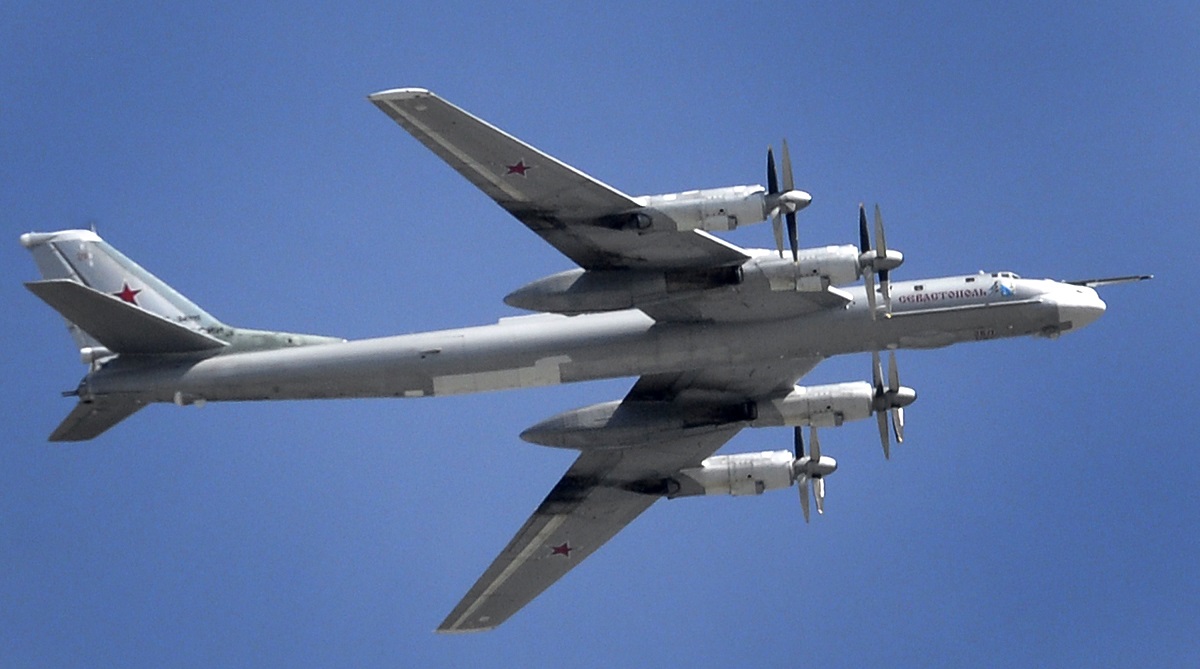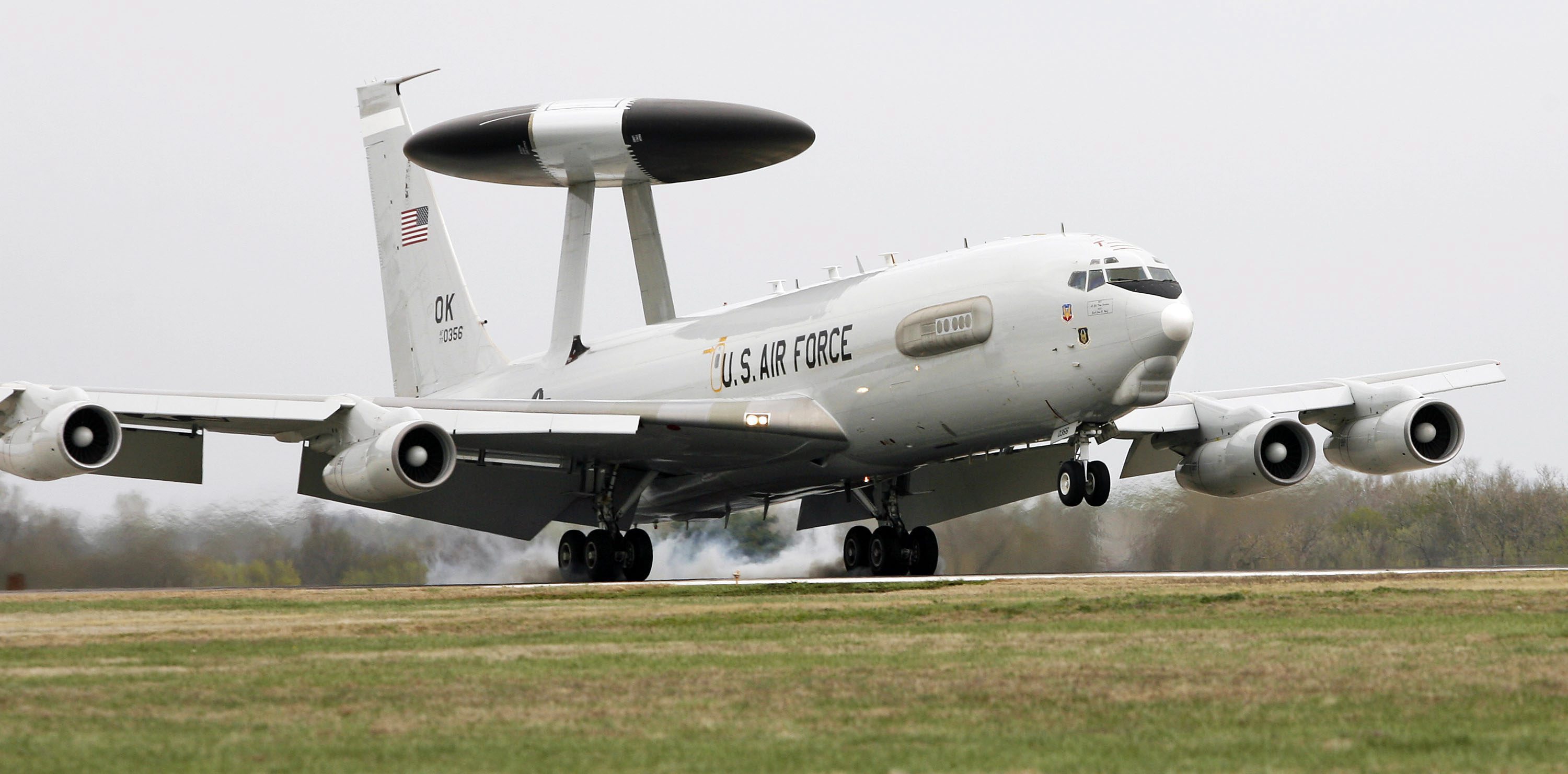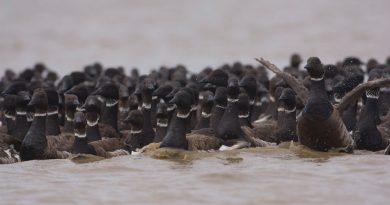U.S. fighter jets intercept Russian warplanes off Alaska

The U.S. military scrambled five aircraft on Monday to intercept two groups of Russian warplanes that flew in opposite directions off the coast of Alaska but never entered the U.S. sovereign airspace, officials with the bi-national North American Aerospace Defence Command (NORAD) said Tuesday.
First, NORAD dispatched two F-22 Raptor stealth fighters based in Alaska to intercept one group of Russian air planes consisting of two Tu-95 strategic bombers known by NATO identification as “Bears,” said NORAD spokesperson Capt. Cameron Hillier of the Royal Canadian Air Force (RCAF).
Two additional Raptors were scrambled to intercept and accompany another group of two Russian Bears and two Su-35 fighter jets flying in the opposite direction, Hillier said.
The U.S. military also dispatched an E-3 Sentry airborne warning and control system (AWACS) to monitor the situation, Hillier said.

The interaction between Russian and U.S. air crews was “safe and professional” and the Russian planes remained at all times in international airspace, Hillier said.
The Russian aircraft did not enter the Canadian Air Defence Identification Zone (ADIZ) in the Arctic and no Canadian fighter jets were involved in the intercept, he added.
According to international law, a country’s sovereign airspace extends 22 kilometres from its coastlines. The ADIZ off Alaska extends more than 300 kilometres from the shore.
During the Cold War, such intercepts over the Arctic were regular events, however, following the collapse of the Soviet Union, cash-strapped Russia drastically reduced its strategic bomber air patrols.
In recent years, with tensions between Russia and the West mounting in other areas of the world, Moscow has increased the number of patrols by its Bears that have been modernized and outfitted to carry long-range nuclear-tipped cruise missiles.
Related stories from around the North:
Canada: Canada’s 2019 budget slim on hard power Arctic commitments, experts say, Radio Canada International
Finland: US, Norwegian troops join military drill in Arctic Finland, Yle News
Iceland: Iceland & UK sign agreement to boost security, defence cooperation, Eye on the Arctic
Norway: US, Russian bombers fly missions on same day near Norwegian airspace, The Independent Barents Observer
Russia: Russian navy holds live-fire exercise in Norwegian Sea for second time in a month, The Independent Barents Observer
Sweden: Cross-party talks to expand military marred by political feud, Radio Sweden
United States: U.S. must pay attention to growing China-Russia alliance in Arctic: expert, Alaska Public Media



